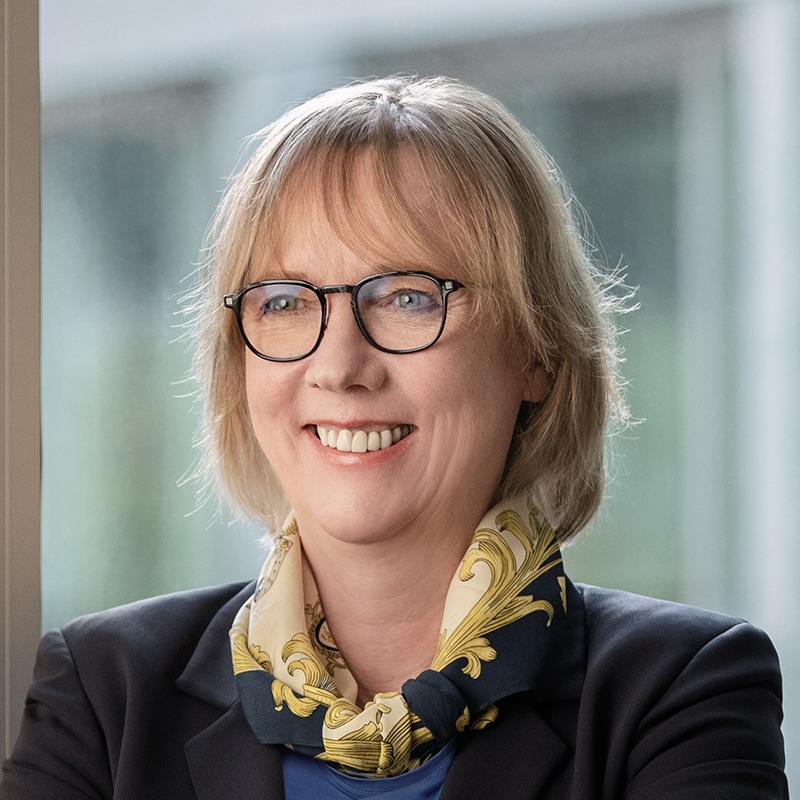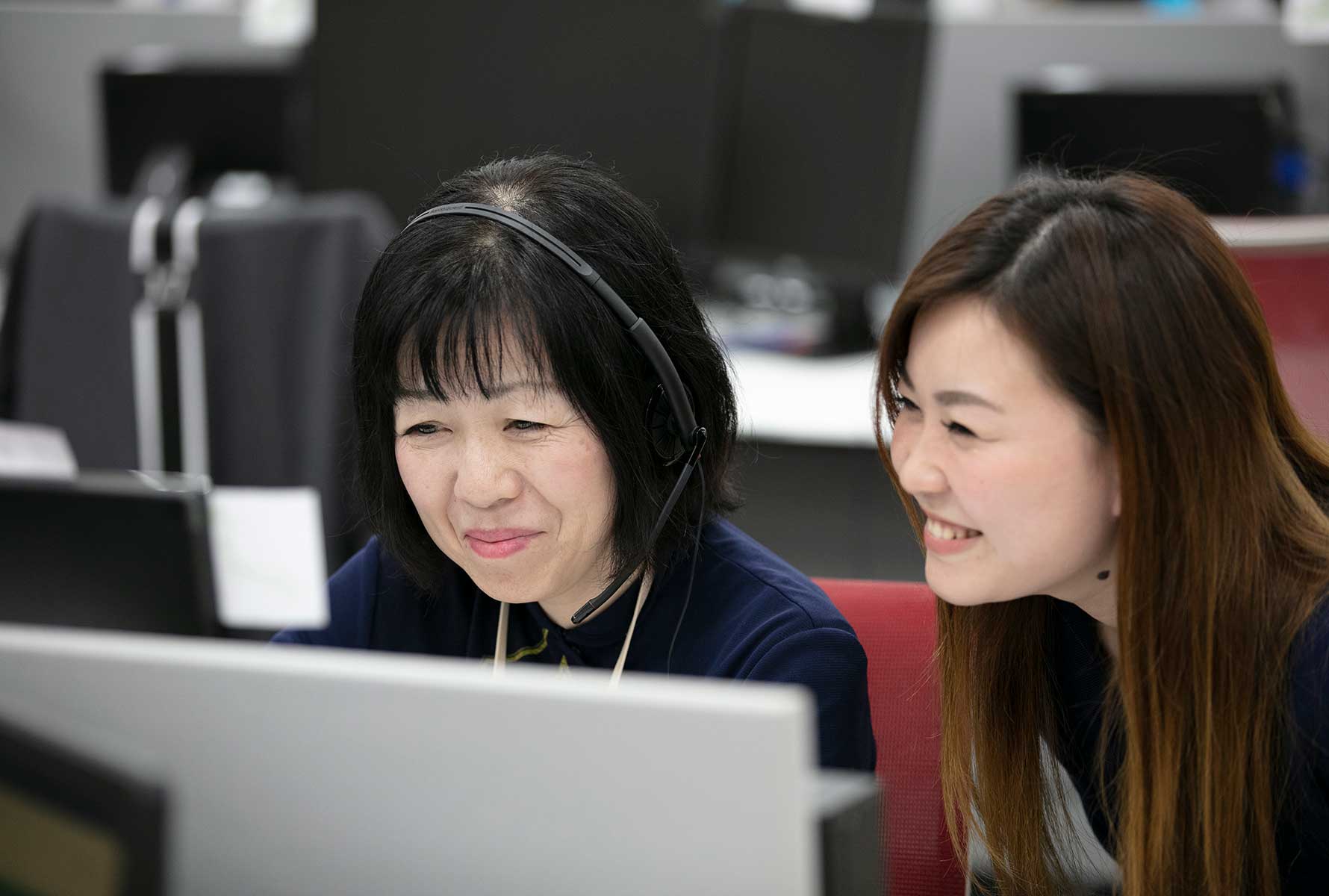| INTEGRATED REPORT 2020 |
The right thing to do
Diversity and inclusion are indicators of a society’s equity and openness. Upholding equality, diversity, equity, and fair treatment are human rights that are key to unlocking social and economic development. That is why inclusion is at the heart of the UN’s 2030 Agenda for Sustainable Development, with the ambition to “leave no one behind.”
The business case
People are central to the PMI value creation model. Providing equal opportunities to all and treating everyone fairly contribute to the company’s license to operate and are essential to upholding fair working conditions. We regard our employees’ diversity as one of our greatest assets. Maximizing its potential can promote and foster inclusion, bringing a rich contribution to us and our stakeholders. Varied perspectives, experiences, and problem-solving skills always add value but are especially critical in times of change. We are convinced that a diverse and inclusive working environment will promote the innovation and consumer-centricity needed to achieve our vision of a smoke-free future. We know, too, that diversity in management leads to better executive decisions and risk assessment.
A diverse and inclusive working environment is a tier 2 topic within our strategic pillar Caring for the people we work with.

Our progress in 2020
read more
Topic description
Achieving our aims
PMI’s goal is to cultivate an inclusive environment in which all employees feel respected, supported, and engaged—and thus able to perform at their best. We are committed to improving the workplace by fostering an inclusive culture and enhancing our diversity.
Our aim:
>40%
of management positions held by women in 2022
32%
of senior roles held by women by 2023
Our commitment to diversity is driven from the top. The Board of Directors’ Compensation and Leadership Development Committee oversees PMI’s response to the risk that we may be unable to attract and retain the necessary talent to complete our business transformation. It is critical that we maintain a talent base with the right combination of diversity, experience, knowledge, and abilities.
Moreover, executive compensation is guided by strategic initiatives that foster new ways of working and diversity, notably to expedite progress toward becoming a consumer-centric company. Also, as part of our 2021–2023 Performance Share Units (PSU) Performance Cycle—which structures our company’s management incentives—a modifier linked to our target to increase the representation of women in senior roles may be used by the Compensation Committee of the Board of Directors to certify the Transformation performance metric. Read more in our 2020 Integrated Report.

A critical step is achieving a better gender balance in management. This remains one of our top priorities, and we continue to focus on reaching our target of 40 percent of management positions to be held by women by 2022.
We measure improvement and report on progress against targets. To tackle unconscious bias, we have embedded objective assessment criteria in recruitment, talent, and performance management to remove potential procedural and personal “blind spots.” In recruitment, for instance, we are crafting gender-neutral job descriptions and strongly encouraging gender-balanced short lists and hiring panels.
In early 2020, PMI introduced the position of Chief Diversity Officer. A member of our Company Management, this person reports directly to the CEO. Our focus on diversity and inclusion cascades through our business functions and markets, and extends to suppliers, tobacco farmers, and growers through our Responsible Sourcing Principles and Agricultural Labor Practices.
Definitions
read moreOur global EQUAL-SALARY certification—conferred in 2019—offers clear proof of our commitment to equal pay. Alongside ensuring that we pay women and men equally for equal work, we have policies and guidance in place regarding flexible working arrangements and parental support.
In 2020, we participated for the first time and were selected for inclusion in the Bloomberg Gender-Equality Index (2021), which comprises companies committed to transparency in gender reporting and advancing women’s equality in the workplace.

Our progress in 2020
read more
Performance metrics
view dataThis online content about our Integrated Report should be read in conjunction with PMI’s 2020 Integrated Report. The information and data presented here cover the 2020 calendar year or reflect status at December 31, 2020, worldwide, unless otherwise indicated. Where not specified, data come from PMI estimates. Please also refer to 'About this report' on page 3 of the 2020 Integrated Report for more information. Aspirational targets and goals do not constitute financial projections, and achievement of future results is subject to risks, uncertainties and inaccurate assumptions, as outlined in our forward-looking and cautionary statements on page 145. In the 2020 Integrated Report and in related communications, the terms “materiality,” “material,” and similar terms, when used in the context of economic, environmental, and social topics, are defined in the referenced sustainability standards and are not meant to correspond to the concept of materiality under the U.S. securities laws and/or disclosures required by the U.S. Securities and Exchange Commission.



